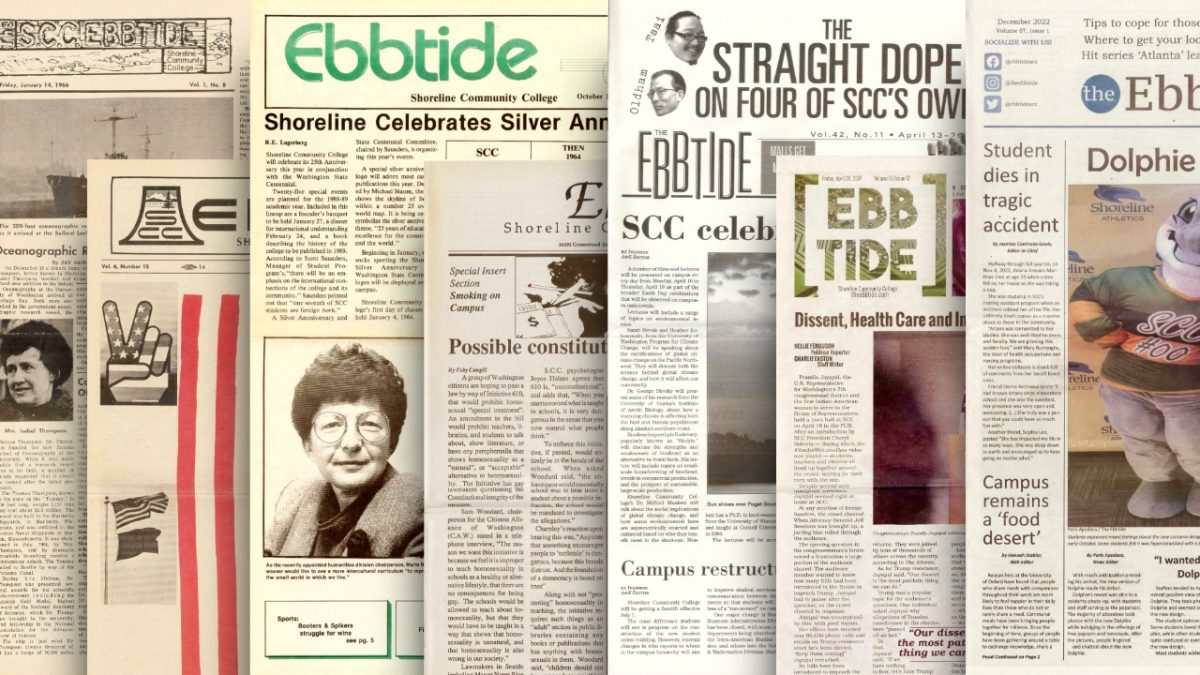Netflix Picks Up Where ‘Breaking Bad’ Left Off
Watching “El Camino” is like catching up with an old friend.
Six years after the end of the critically-acclaimed show “Breaking Bad,” the two-hour “El Camino” picks up right after the end of the main series and follows Jesse Pinkman’s (Aaron Paul) journey toward liberation.
“El Camino” picks up after Pinkman drives away from the compound in which he was being held hostage. Law enforcement flocks to the scene, forcing Pinkman to run to an old friend, Skinny Pete.
From there, Pinkman embarks on a survival mission — he has to disappear, and in order to do so, he needs money.
A Blast From The Past
The ending of “Breaking Bad” might have left some fans with questions regarding Pinkman’s fate, but it strongly suggested a positive one.
“El Camino” adds lore to a series that had already built a convincing and engaging world with “Breaking Bad” and “Better Call Saul.” It gives Pinkman’s character closure, though personally I don’t think closure is always necessary when it comes to series finales.
Essentially, Director Vince Gilligan left Pinkman’s future up to fan’s imaginations — or at least that was his original plan.
Six years after the series finale of “Breaking Bad,” fans finally learned what became of Pinkman. “El Camino” could even be considered a very sophisticated form of fan service. Despite that, I don’t think it takes any merit away from the film.
The beauty of “El Camino” lies in the fact that “Breaking Bad” still manages to feel fresh six years later. If not for the inevitable physical changes some of the actors have gone through since the main series finale, one could be forgiven for thinking the cast never took a six-year hiatus from the show.
Take sociopathic thug Todd Alquist (Todd Plemons) for instance. Alquist looks like he’s gained weight since the end of the series. However, his character is so fleshed out and well written that I didn’t feel alienated by Alquist’s changed physique; he was still the same oddly likeable meth cook fans came to love (or loathe).
I found that “El Camino” shined the most in its flashback scenes. Throughout his journey, a tormented Pinkman constantly reminisces of the people he met throughout the course of the series such as Jane (Krysten Ritter), one of his deceased girlfriends, his partner in crime Walter White (Bryan Cranston) and Mike Ehrmantraut (Jonathan Banks), a corrupt police officer who protected drug dealers.
These scenes, although not essential to the plot of “El Camino” in any way, were very well written, giving even more depth to the relationships between these characters.
The flashback with White, for example, shows White and Pinkman in the early seasons of the show, when they weren’t hardened criminals yet. White subconsciously reveals that he thought Pinkman never graduated high school; Pinkman is instantly offended, reminding White that he, his former teacher, was at the podium when the school gave Pinkman his graduation diploma.
This scene further points to White’s self-centered nature, showing that although not yet fully corrupted, he was already a selfish person.
“El Camino” added more substance in its flashbacks than in its main story. I enjoyed the film, however, I watched it with a pervasive feeling that it was unnecessary, yet well crafted. But is that really so bad?
I don’t think so.








